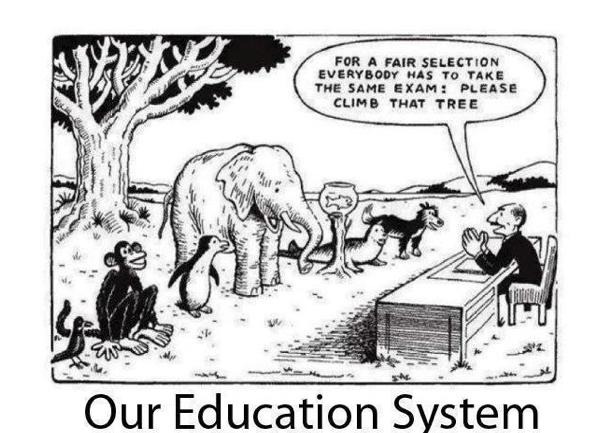I have taught violin in several schools in the greater Boston area for several years now, and on the completion of another wonderful school year, I want to create new tools for my students: resources, links, ideas (blog posts about teaching and learning), lessons, and more. This page will be a home for that. I love my students!
If you ever have a question about music, violin, strings, or life in general, or anything at all, email me (you can reach me via the "contact" page), and I'll be happy to help. If your question seems like many people might find it useful, maybe I'll write a post about it.

